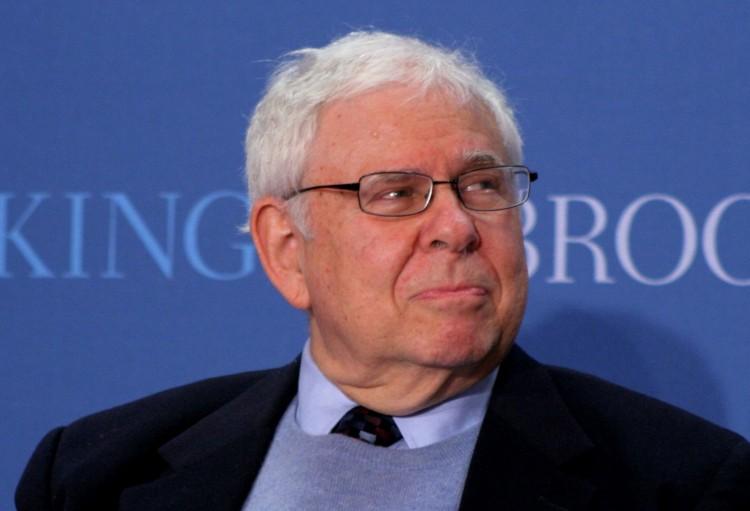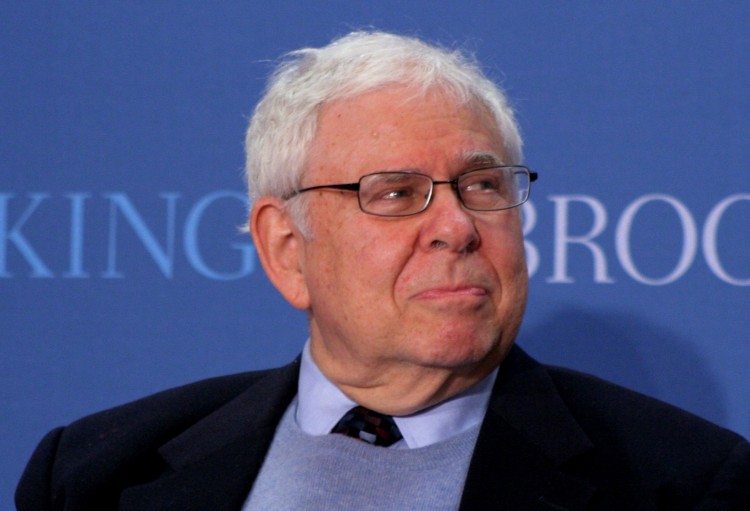Constitutional Critic Not Reverent to US Constitution
A law professor believes that institutional structures required by the U.S. Constitution are contributing to the malaise of American politics.

Sanford Levinson, professor at the University of Texas Law School and of government at Texas, believes that institutional structures required by the U.S. Constitution are contributing to the malaise of American politics. Gary Feuerberg/The Epoch Times
|Updated:





